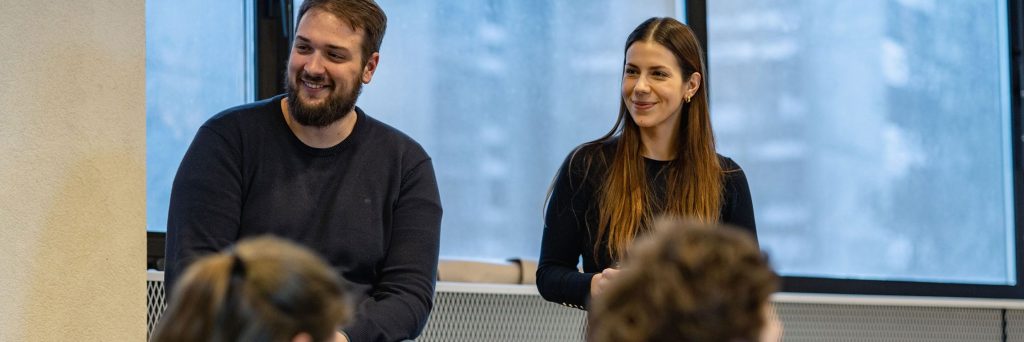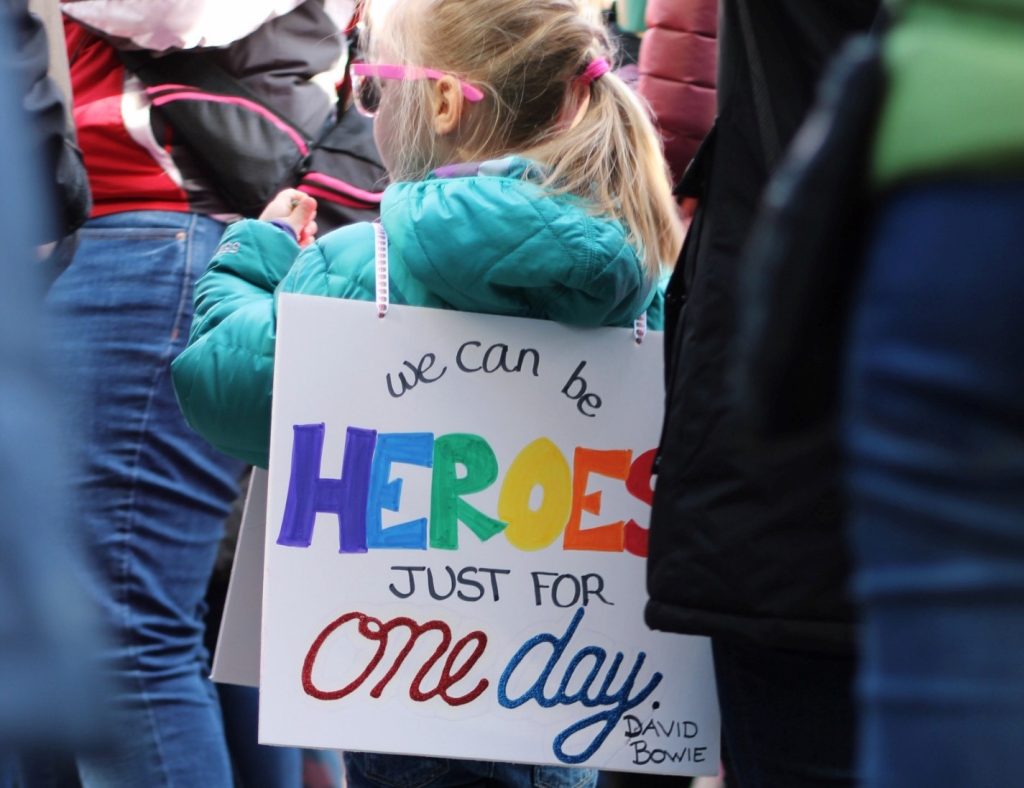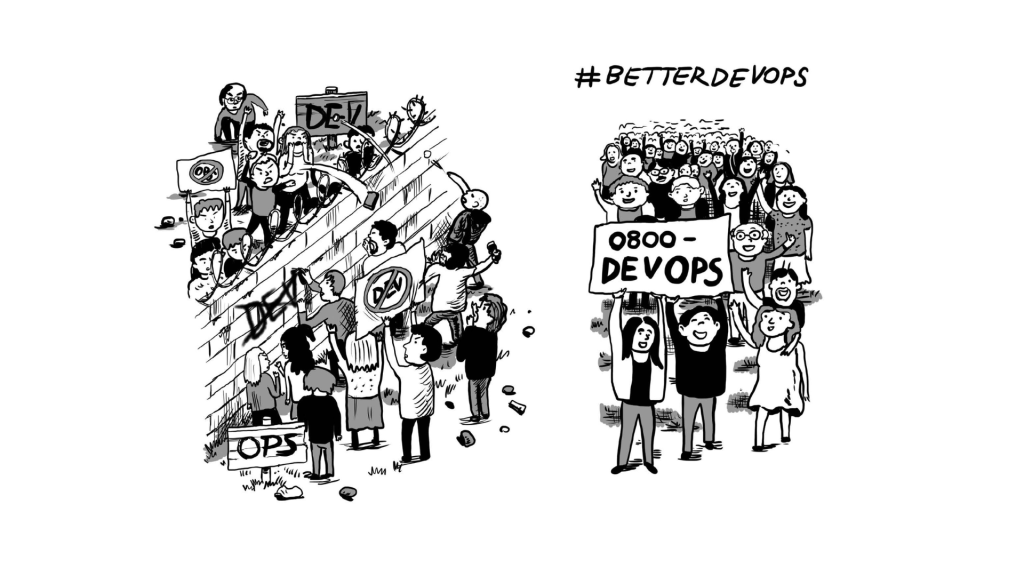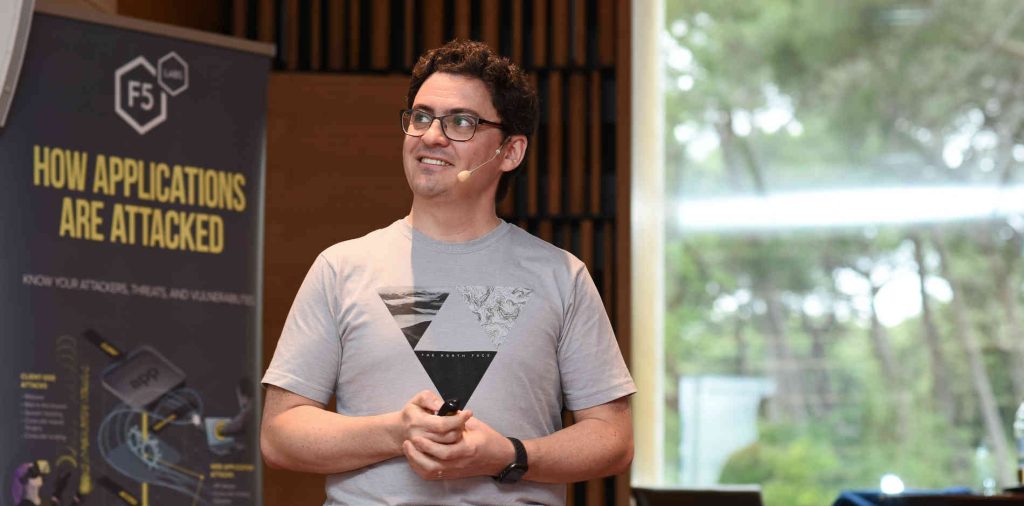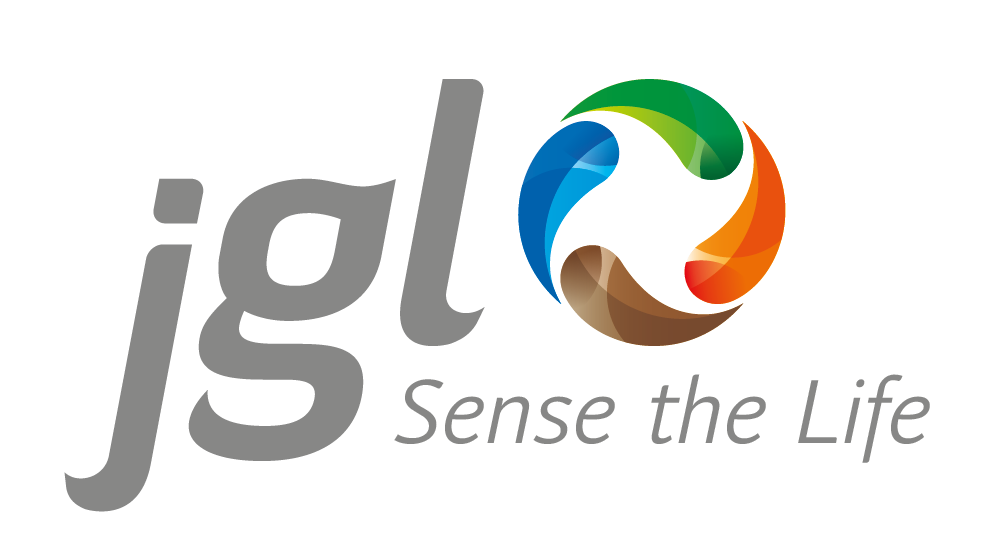
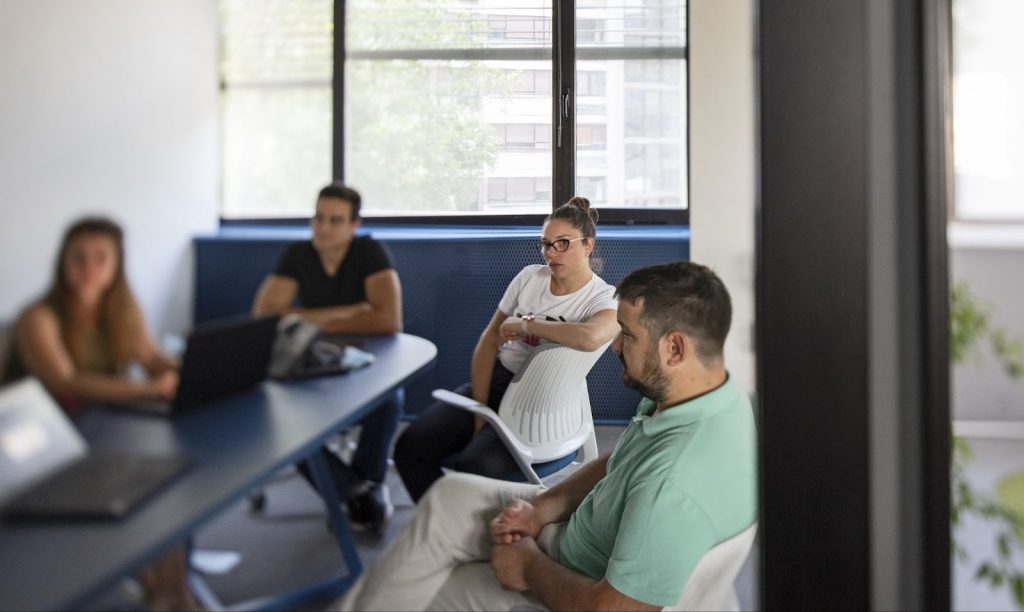
Challenge
JGL Embraces Agile for Business Agility in Pharma. Agile has been around for many years now, and it’s not just about Scrum or Kanban. It’s about the mindset – the way of thinking about your business goals and how to achieve them. It’s about how you organize and collaborate, how you adapt to ever-changing circumstances, reduce risk and validate your assumptions, choose your options and use your limited capacity, how to continuously improve and change your organization, proactively seek opportunities and innovate to stay competitive and keep up with today’s fast-changing markets. Market leaders are promoting agility (i.e Agile Transformations) as the right way to “move fast” in volatile post-COVID businessenvironment. All of that sounds pretty nice but can Agile work in pharma? This was the main concern the management of Jadran – Galenski Laboratorij d.d. (JGL) had on the top of their minds.
The company’s top management had set ambitious business and organizational goals to achieve. Despite their success so far, they knew that continuing the same strategy would not suffice. A significant change was needed, and the assumption was that move to agile might help. Organizational change is not an easy task. You cannot just analyze and predict your way toward success. Organizational change is a complex task that requires you to validate your ideas and assumptions, learn and adjust along theway. JGL recognized CROZ as the leader in the region and the right partner with extensive knowledge and experience in agile adoption and transformation beyond software companies.
At the beginning of every journey, it is essential that we understand where we are, where we want to go and how we think we might get there. As an important first step, after broad initial trainings and workshops with teams and management to raise awareness about basic concepts of lean & agile (about 10% of all employees – leaders from all levels), we started with an assessment of the current context, challenges and goals. The Agile Transformation Team was formed to recognize and define the pilot projects along with goals and hypotheses that will enable learning about Agile and what it means in their specific context.
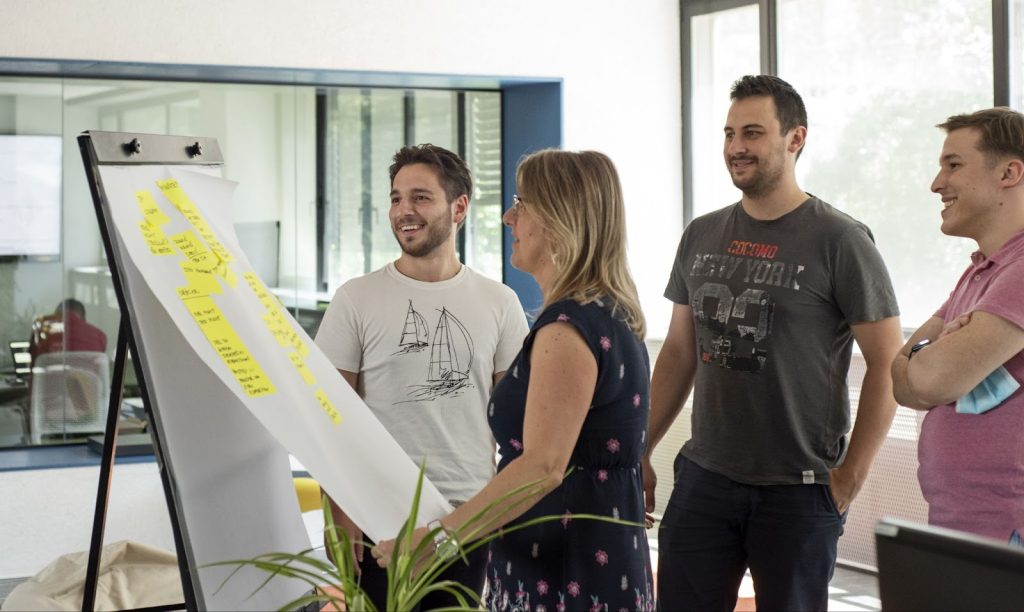
Solution
Initial workshops and assessments were crucial for everyone to achieve a shared understanding and alignment on the initiative’s purpose, organizational business and transformation goals, expectations for the pilot teams and their specific context and challenges. Pilot teams were selected from various business areas (among “the willing” that applied their knowledge after the initial education), so that we can get the most from their learnings and identify “fit for agile” areas. A result was the initial tailor-made Improvement Backlogs of activities that the Agile Transformation Team, pilot teams and their stakeholders used as a focus.
After the assessment review event, where the Agile Transformation Team, pilot teams and CROZ coaches together transparently aligned and agreed on the goals and activities during the next few months, we started with coaching support for transitioning to new ways of working. Rather than pushing recipes or existing tools, frameworks and methods regardless of the context, our coaches focus on the client and help them adopt agile values and principles based on their specific needs, current constraints and challenges in an iterative and incremental fashion. It was interesting to see how the five pilot teams (only one of them was IT with the biggest task – restructuring IT organization into agile teams) adopted the same approach within a different context and ended up using the same practices differently.
During the coaching support, we also introduced regular two-week checkpoints of inspection and adaptation between the pilot teams and the Agile Transformation Team to enhance two-way communication, learning, impediment removal and alignment for the next steps. To enable learning and knowledge sharing between different pilot teams, we introduced Communities of Practice (CoP) as well.
The JGL Leadership team appointed top-level Agile Transformation Team (ATT) essential for supporting the teams, learning from their experiences and leading the adoption of agile principles and practices in the organization. Leading by example and working as an agile team enabled the JGL Leadership team and ATT to better understand the changes, challenges and benefits that come with the adoption of agile practices and mindset. An important aspect of ATT is also a wider reach in the organization, impediment removal, pursuing opportunities and rolling out changes horizontally and vertically in the organization beyond the team level. Our coaches helped the ATT learn how to introduce changes within the organization iteratively and incrementally and provided support with operational/tactical questions and decisions to enable more successful adoption of agile thinking and practices within the specific context of the organization. By mastering this approach, an organization develops capabilities and knowledge that support continuous improvement, making it more agile and resilient when coping with increasingly faster and more complex changes in today’s business and markets.
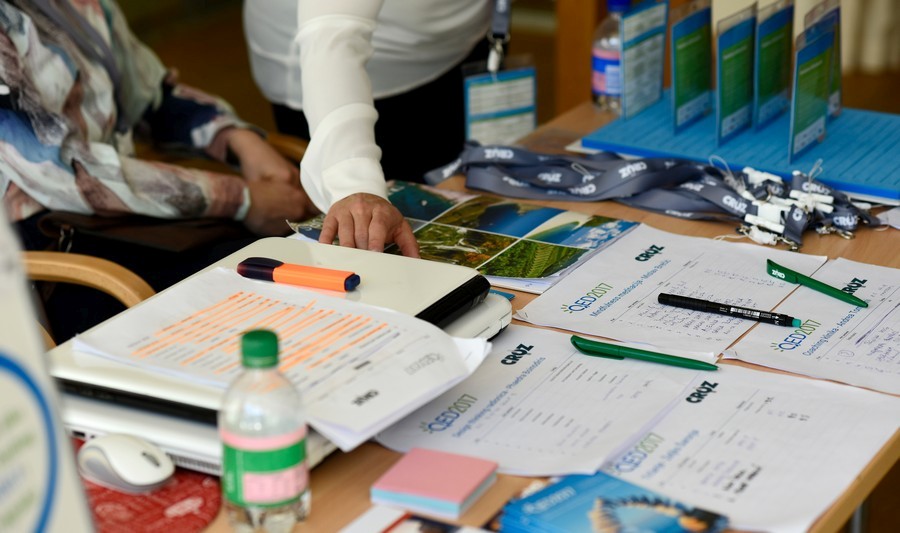
The JGL Leadership team appointed top-level Agile Transformation Team (ATT) essential for supporting the teams, learning from their experiences and leading the adoption of agile principles and practices in the organization. Leading by example and working as an agile team enabled the JGL Leadership team and ATT to better understand the changes, challenges and benefits that come with the adoption of agile practices and mindset. An important aspect of ATT is also a wider reach in the organization, impediment removal, pursuing opportunities and rolling out changes horizontally and vertically in the organization beyond the team level. Our coaches helped the ATT learn how to introduce changes within the organization iteratively and incrementally and provided support with operational/tactical questions and decisions to enable more successful adoption of agile thinking and practices within the specific context of the organization. By mastering this approach, an organization develops capabilities and knowledge that support continuous improvement, making it more agile and resilient when coping with increasingly faster and more complex changes in today’s business and markets.
7 Key Improvements JGL Achieved with Agile.
Experimentation with agile approaches in JGL resulted in valuable learnings and visible improvements with clear goals to pursue that helped focus on activities needed to achieve them.
During the four-month coaching support, the following key improvements were recognized:
Learning 1: Meeting preparations are key for efficiency
Stating expected outcomes improves quality of output, and better alignment of planning and communication on different levels of work processes with shared “big picture” (department, team, individual)
Learning 2: Empowerment/Faster decisions
faster and higher quality decisions about delivering value in incremental steps, reducing risk and finding ways to improve
Learning 3: Simplify & Focus
a division of long-term projects into smaller steps, focus on value and most important work with clear and simple tasks
Learning 4: Visualization of Work
boosted transparency, teamwork and focus through visualization of work, working agreements and structured facilitated meetings
Learning 5: What Agile teams and organization needs from Management
emphasizing a need to work on radical transparency of strategy and priorities throughout organization, so that on every level employees would be able to identify maximum corporate value and set priorities accordingly
Learning 6: Internal Agile & Process Optimization skills (Internal Coaches)
decision to expand capacity and skills in workshop organization and moderation; increased productivity and reduced lead times in some cases from 3 months to 1 month
Learning 7: How to communicate effectively between teams & stakeholders
more autonomous and empowered teams with increased ownership of their processes and work, challenging their environment and better collaboration with stakeholders
Continuous Improvement is the New Normal
JGL made the right first steps of a long journey, learned and successfully adopted the basic principles and practices of agile way of working within their specific contexts of various business areas, from R&D over IT to Regulatory Affairs.
But, these new behaviors and processes require time and support to become the new normal. Teams will also need help and support with new challenges arising in how they work and interact inside the team and with their environment to avoid regressing to old behaviors and falling back to previous working styles.
Considering the success thus far and our coaches’ recommendations for further steps, JGL recognized that it is essential for them to continue with coaching support to master the new way of working and build internal Agile Coaching competencies pool, continually adapt and improve, and to grow their agile mindset and culture.
With help from our experienced coaches, JGL is continuing their journey to understand the continuous improvement nature of agile mindset, face new challenges, become more self-reliant and independent in order to increase chances for the changes to become sustainable. New round of 13 agile teams is rollin’!
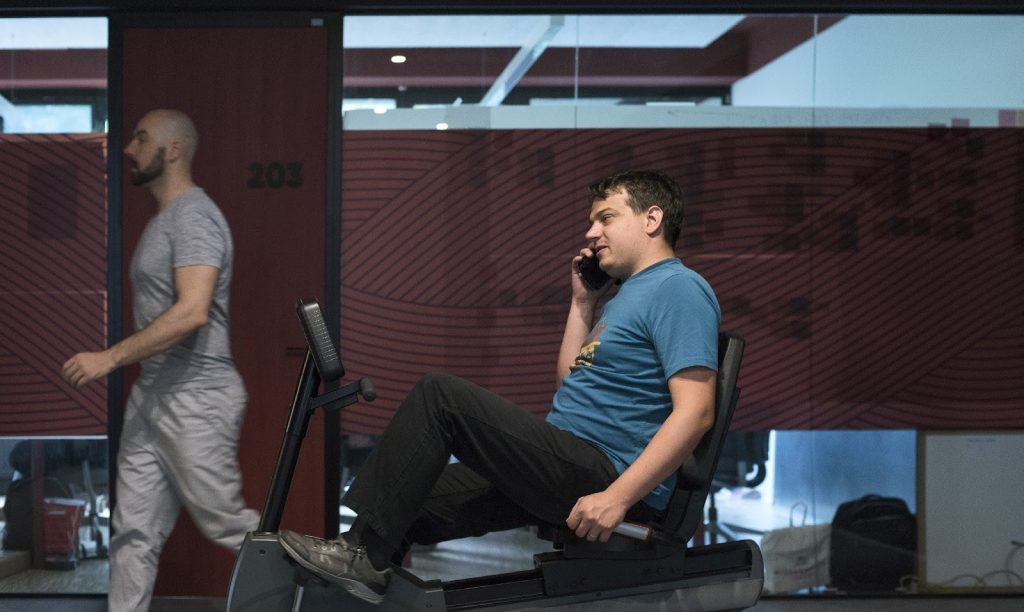
In today’s VUCA world where nothing ever stays the same, the ability to continuously change and adapt to new circumstances becomes a necessity for many organizations. Learning how to change is even more important than the change itself as organizations will never get to an end state where they are “Done”. Instead, they need to learn how to continuously evolve and improve. Therefore, being able to change needs to become a capability of the organization in order to succeed and survive.
CROZ coaches are on the leading front of change adoption in the region with extensive knowledge and experience in transformations and improving organizations. We are not about forcing the implementation of specific frameworks or methods. Instead, we use a structured and holistic empirical approach customized to each client to help them use their potential and improve based on iterative and incremental changes with fast cycles of learning and adapting to their specific context towards well-defined business goals. Our mission is to raise awareness about agile and product mindset in the community and help organizations become more
adaptable to the ever-changing circumstances of today’s world in order to achieve better business results and become fit-for-future. We do that by working together with our clients and assisting them to build internal continuous improvement capabilities, create sustainable changes and enable them to independently continue the journey on their own.
If you are looking for the right partner to help you improve your organization, achieve better business results and lead the change to become a more adaptive organization, CROZ coaches are here for you, so feel free to contact us.
Tags
Industry
Falls Sie Fragen haben, sind wir nur einen Klick entfernt.
